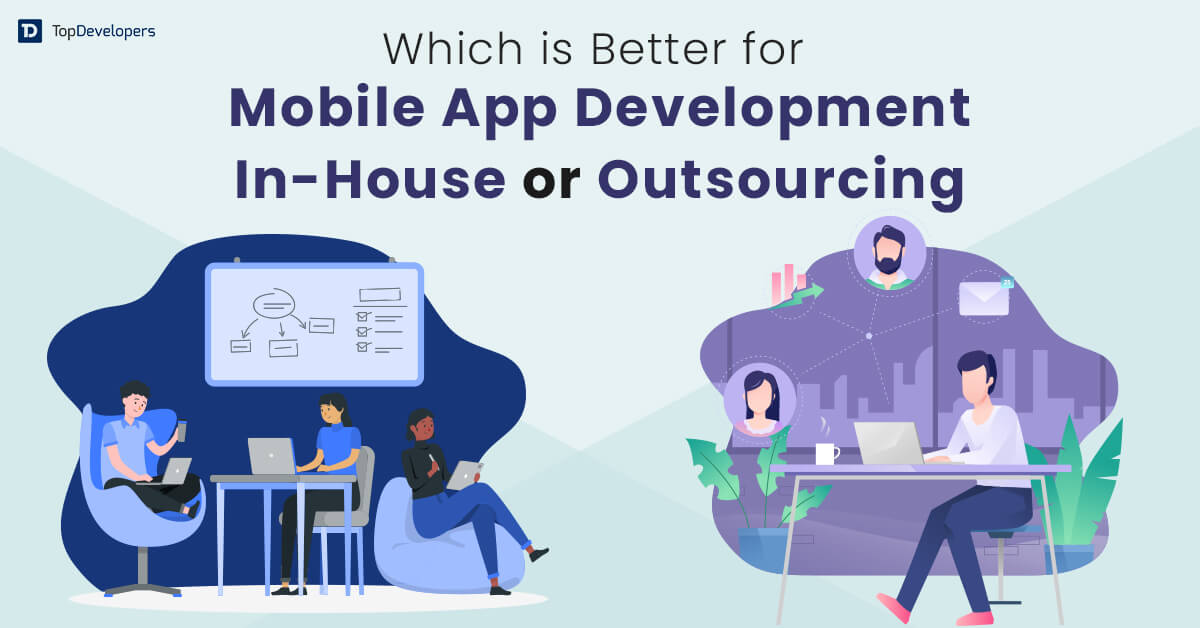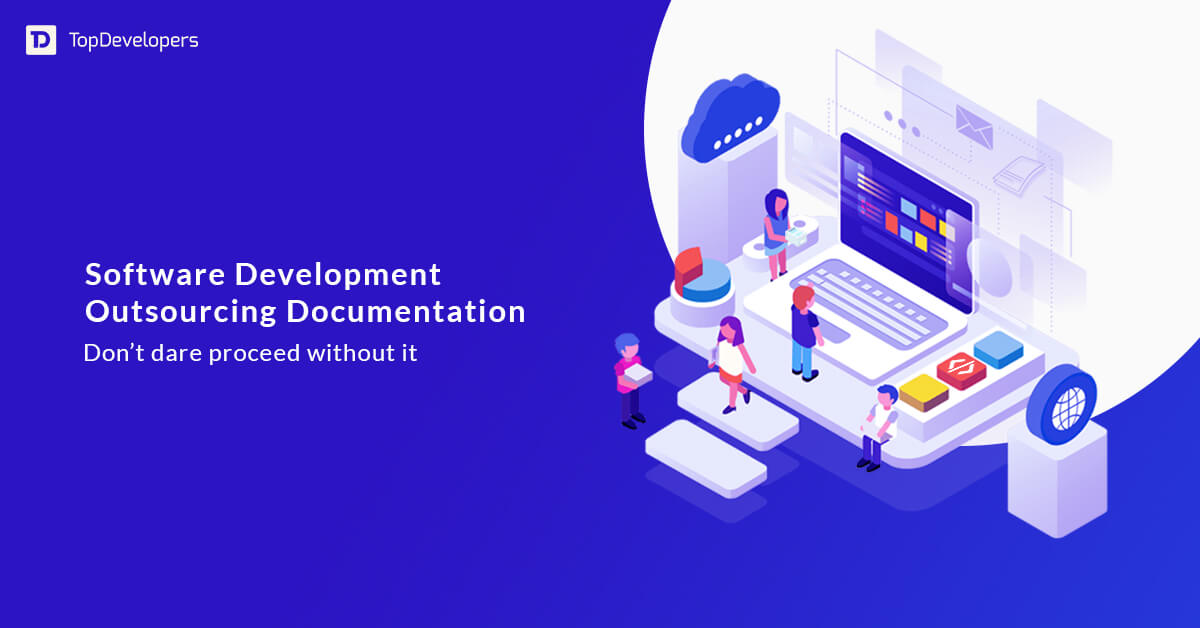
Building a great product often comes down to finding the right people to help you do it. These days, that usually means one of two things: teaming up with an offshore development company or hiring a freelance developer. Both give you access to skilled professionals from around the world, but how they work and what they offer can be very different.
In 2025, demand for software talent is higher than ever. Businesses are scaling faster, launching digital products more frequently, and leaning heavily on remote collaboration. As a result, the tech hiring landscape has become more global and more competitive.
According to Statista, the IT outsourcing industry is on track to reach over $777 billion by 2028. At the same time, freelancing is exploding in popularity. Exploding Topics reports that more than 70 million people in the U.S. freelanced in 2023, with that number expected to keep growing.
What’s driving this shift? A mix of powerful trends. AI tools are speeding up development. Remote work platforms have made global teamwork seamless. Cybersecurity concerns are shaping how and where companies choose to build. Together, these changes are giving businesses more flexibility than ever when it comes to hiring.
But with more options comes more decisions. This guide will walk you through everything you need to know about offshore development companies and freelance developers so you can choose the right path for your next big project in 2025.
Table of Contents
Pros and Cons: Offshore Development Companies vs. Freelance Developers
Choosing between an offshore development company and a freelancer depends on what your project needs—speed, structure, scale, or flexibility. Let’s break it down.
Offshore Development Companies: Pros and Cons
Pros:
- Project management support
You get dedicated managers who keep the team aligned, timelines on track, and updates flowing smoothly.
- Access to a broader talent pool
Offshore software development companies usually offer full-stack teams—developers, designers, testers, and more—all in one place.
- Better risk management
If someone drops out, there’s often a backup ready to step in, keeping the project moving without delays.
- Built-in QA and security standards
These teams follow established protocols for testing, documentation, and data protection.
Cons:
- Higher initial cost
Working with an offshore team usually costs more upfront. You’re hiring more than just developers. You’re also covering project managers, support staff, and the tools they use to keep everything running smoothly. It’s a bigger investment at the start, but it often pays off in the long run if your project needs structure and stability.
- Less direct control
You won’t always be in touch with individual developers, which can be a downside for hands-on managers.
- May involve more bureaucracy
Processes and approvals can slow things down, especially with larger outsourcing firms.
Freelancers: Pros and Cons
Pros:
- Cost-effective for simple tasks
Freelancers usually charge less than agencies, making them a smart pick for small projects or startups.
- Quick to hire
You can often find and onboard a freelancer within hours, which is great when time is tight.
- Flexibility in engagement
Need someone for a few hours, a week, or just one task? Freelancers fit that model perfectly.
Cons:
- Harder to manage at scale
Coordinating multiple freelancers across time zones and tasks can get messy without clear oversight.
- Limited support and backup
If your freelancer disappears or gets overwhelmed, there’s no team behind them to fill the gap.
- Inconsistent quality
Experience levels vary widely, and without a structured review process, quality may be hit or miss.
When to Choose a Freelancer vs. an Offshore Development Company for Your Outsourcing Project
Not sure which direction to go? Choosing the right partner depends on your project’s size, timeline, complexity, and budget. Here’s how to decide what fits best.
Use Offshore Development If:
Your project is large, complex, or expected to run long term. Offshore development companies are built for exactly that. They bring structured processes, multiple roles under one roof, and the ability to scale as your needs grow. If you’re developing a platform that requires front-end, back-end, design, testing, and DevOps support, an offshore team can handle it all without juggling multiple contracts.
You also benefit from having project managers who keep everything aligned and on schedule. And once the initial build is done, many companies offer long-term maintenance and support. That means you don’t have to find someone new each time an update is needed. When reliability and team coordination matter most, offshore development is the safer bet.
Use Freelancers If:
Your project is small, quick, or has a very specific focus. Freelancers are perfect when you need one skill, one task, or a short burst of help. Maybe it’s designing a landing page, fixing a bug, or writing a piece of code. Hiring a freelancer can get you what you need without the overhead of working with a full agency.
Freelancers are also easier on the budget, especially for startups or early-stage projects. They often have flexible schedules and can jump in fast. Just keep in mind you’ll likely be managing the process yourself. If you’re okay with hands-on oversight and the risk that comes with solo work, freelancers offer speed, savings, and sharp skills on demand.
Also know: How to Hire Remote Developers from Offshore IT Company?
Expert Tips for Decision-Making
Choosing between a freelancer and an offshore development company isn’t always black and white. It helps to look at your project from a few key angles—scope, budget, timeline, and risk. A simple decision matrix can bring clarity. Rank what matters most for your project. Is it speed? Reliability? Cost control? Once you know your priorities, the right option usually becomes clear.
Before signing any contract, do your homework. For freelancers, check portfolios, reviews, and past client feedback. Give a small test project if possible. For offshore companies, ask about team structure, communication habits, and post-launch support. Look for transparency, not just promises.
Also, don’t overlook the hybrid route. Many companies mix models—using a core offshore team for development and bringing in freelancers for design, content, or testing. This flexible setup can give you the best of both worlds while staying lean and agile.
Conclusion
Both offshore development companies and freelance developers offer real value—it just depends on what your project actually needs.
If you’re building something complex, long-term, or need a wide range of skills under one roof, an offshore team brings structure and reliability. If you’re working on a short-term task or need a quick, cost-effective solution, a freelancer might be the better fit.
There’s no one-size-fits-all answer here. The best choice comes down to your goals, your budget, and how much support you need along the way.
Still unsure which path to take? Contact us for a free project consultation. We’ll help you weigh your options and find the right model to move your project forward with confidence.
 Avantika Shergil
| May 1, 2025
Avantika Shergil
| May 1, 2025
Avantika Shergil is a technology enthusiast and thought leader with deep expertise in software development and web technologies. With over 8 years of experience analyzing and evaluating cutting-edge digital solutions, Avantika has a knack for demystifying complex tech trends. Her insights into modern programming frameworks, system architecture, and web innovation have empowered businesses to make informed decisions in the ever-evolving tech landscape. Avantika is passionate about bridging the gap between technology and business strategy, helping businesses build customized software and website, and understand about different tools to leverage effectively for their ventures. Explore her work for a unique perspective on the future of digital innovation.






